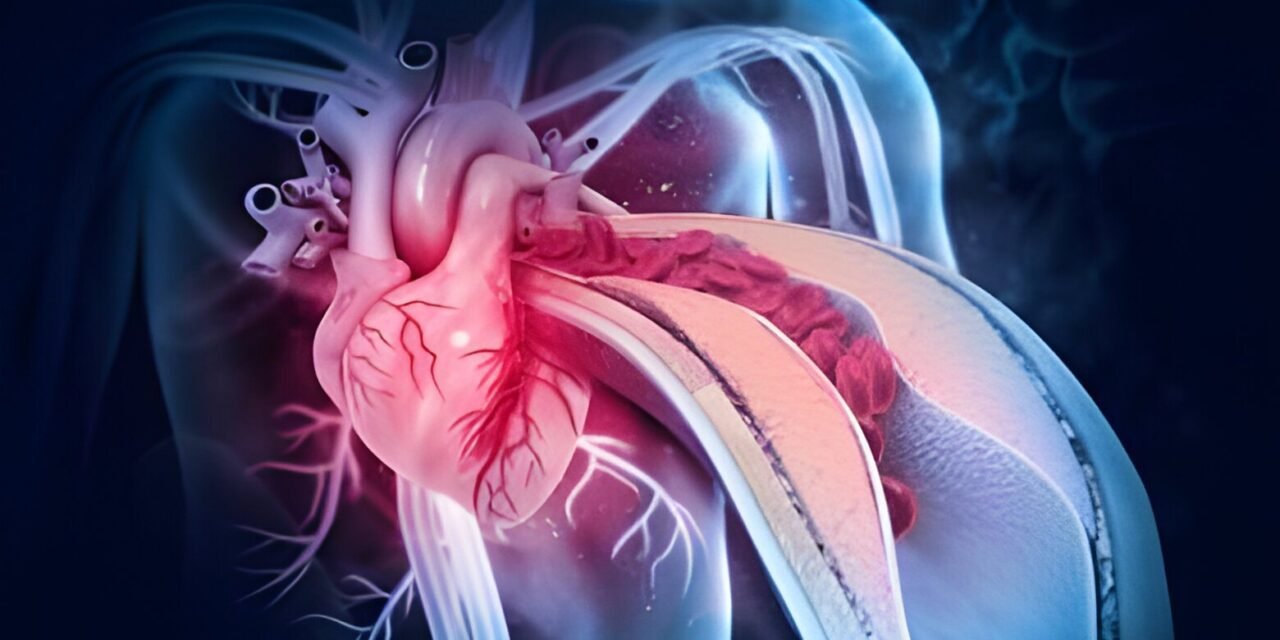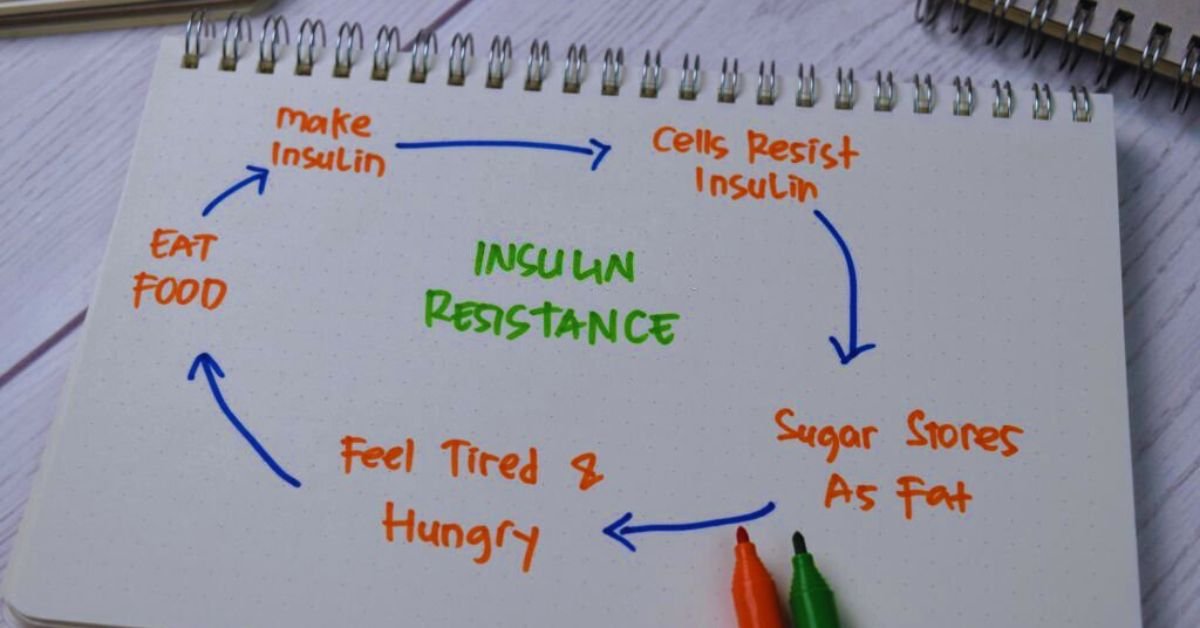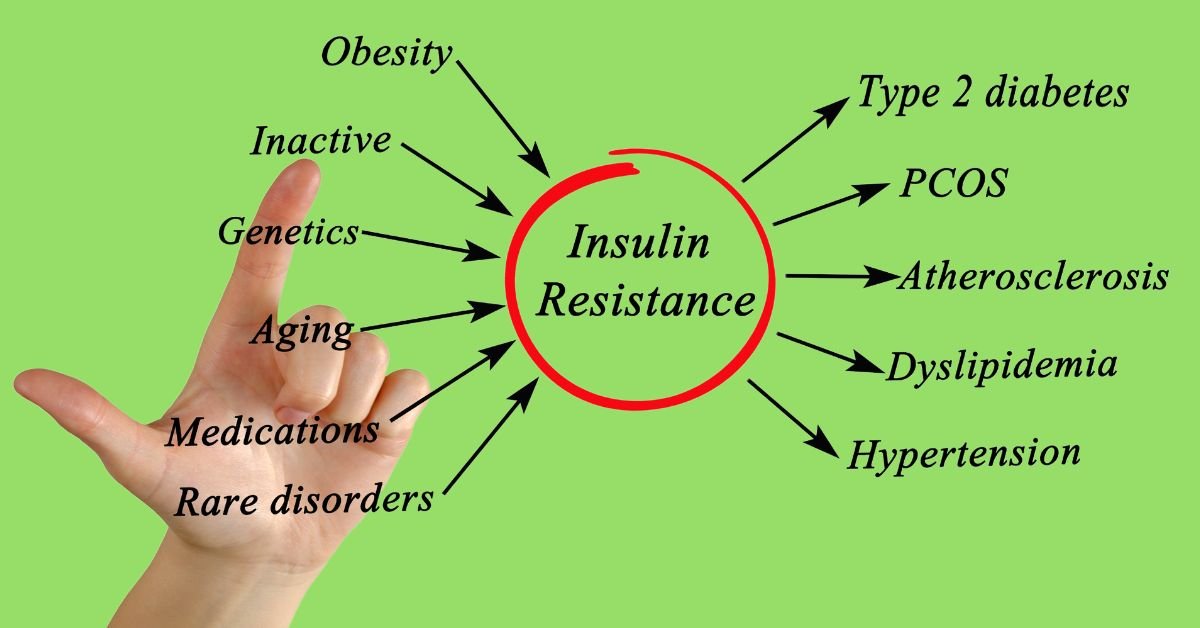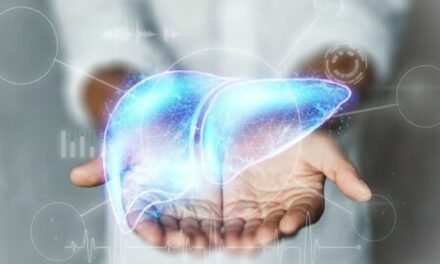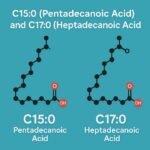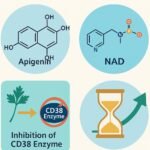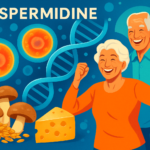- Introduction to Homocysteine
- What is homocysteine?
- Importance of homocysteine levels
- Genetic factors
- Nutritional deficiencies
- Lifestyle factors
- Cardiovascular diseases
- Neurological disorders
- Pregnancy complications
- Blood tests
- Interpretation of results
- Dietary changes
- Lifestyle modifications
- Supplements
- Medications
- Procedures
Homocysteine: Understanding the Link to Health
Homocysteine, a naturally occurring amino acid, plays a crucial role in various biological processes within the body. However, elevated levels of homocysteine have been associated with an increased risk of several health conditions, making it essential to understand its implications and ways to manage it effectively.
What is Homocysteine?
Homocysteine is a sulphur-containing amino acid produced during the metabolism of methionine, another amino acid obtained from dietary protein sources. Normally, homocysteine is converted into other substances crucial for bodily functions. However, disruptions in this process can lead to elevated levels of homocysteine in the bloodstream.
Importance of Homocysteine Levels
Maintaining optimal levels of homocysteine is vital for overall health. When levels become too high, it can lead to various health complications, including cardiovascular diseases, neurological disorders, and pregnancy complications.Homocysteine Inhibits Autophagy Through the AMPK-mTOR-TFEB Signalling Pathway .Autophagy ( self eating of multiple issues by body ) is regulated by a variety of signalling pathways, and mTOR is a key molecule involved in these pathways.Elevated levels of homocysteine have been found associated with schizophrenia .Patients with epilepsy often have higher levels of homocysteine in their plasma ,this is basically due to the treatment they receive with antiepileptic drugs (AEDs), which can affect the balance of homocysteine (Hcy) and its cofactors in the body causing abnormalities in serum levels.Men have higher Homocysteine compared to Women.Homocysteine levels increase with Age Hyperhomocysteinemia is a risk factor for atherosclerosis and thrombosis.High homocysteine levels can cause blood clots more easily, which can increase the risk of blood vessel blockages. A clot inside your blood vessel is called a thrombus.High homocysteine levels can also lead to other medical conditions, including Osteoporosis, Parkinson’s disease, Dementia, Multiple sclerosis, Stroke, Epilepsy, Aortic aneurysm, Atherosclerosis, Cancer, and End-stage renal disease. Low levels of thyroid hormone , Psoriasis ,Kidney disease. Our brain is particularly sensitive to high Homocysteine , which is considered a marker for predicting a stroke.Anyone who’s had a stroke is at risk of developing dementia later in life. The brain is exposed to Homocysteine as a result of the disruption of the blood–brain barrier after stroke, head trauma and stress.The major route of clearance of Homocysteine from blood is the kidney, and chronic kidney disease patients commonly have raised Homocysteine and higher incidence of vascular complications.
Causes of High Homocysteine Levels:
Genetic Factors
Some individuals may have genetic variations that affect the metabolism of homocysteine, leading to higher levels in the bloodstream.For example , genetic variant called MTHFR, which if inherited from both parents can mean that person cannot metabolise Homocysteine properly resulting in elevated levels.Homocystinuria, is another rare genetic condition resulting in elevated homocysteine levels .
Nutritional Deficiencies
Inadequate intake of vitamins B6, B12, and folate can impair the body’s ability to metabolise homocysteine efficiently, resulting in elevated levels.
Lifestyle Factors
Certain lifestyle habits such as smoking, excessive alcohol consumption, and a sedentary lifestyle can contribute to elevated homocysteine levels.
Health Implications of Elevated Homocysteine:
Cardiovascular Diseases
High levels of homocysteine have been linked to an increased risk of heart disease, stroke, and peripheral vascular disease. It promotes the formation of blood clots and damages the lining of blood vessels, leading to atherosclerosis.
Neurological Disorders
Elevated homocysteine levels have been associated with an increased risk of cognitive decline, dementia, and Alzheimer’s disease. It can cause damage to nerve cells and interfere with neurotransmitter function in the brain.
Pregnancy Complications
Pregnant women with high homocysteine levels are at a higher risk of developing complications such as preeclampsia, miscarriage, and preterm birth. Elevated homocysteine levels can impair placental function and foetal development.
Testing and Monitoring Homocysteine Levels
Blood tests are available to measure homocysteine levels, providing valuable information about an individual’s risk of developing related health conditions. Interpretation of results should take into account factors such as age, sex, and underlying health conditions.
Managing Homocysteine Levels Naturally:
Dietary Changes
Consuming a diet rich in vitamins B6, B12, and folate can help lower homocysteine levels. Foods such as leafy greens, legumes, fortified cereals, and lean meats are excellent sources of these vitamins.
Lifestyle Modifications
Engaging in regular physical activity, quitting smoking, and moderating alcohol intake can help lower homocysteine levels and reduce the risk of associated health conditions.
Supplements
In cases where dietary intake is insufficient, supplements containing vitamins B6, B12, and folate may be recommended to lower homocysteine levels and support overall health.
Medical Interventions for High Homocysteine:
Medications
Certain medications, such as folate supplements and medications that lower cholesterol, may be prescribed to manage high homocysteine levels and reduce the risk of cardiovascular disease.
Procedures
In some cases, medical procedures such as angioplasty or coronary artery bypass surgery may be necessary to treat underlying cardiovascular conditions associated with elevated homocysteine levels.
Conclusion
Homocysteine plays a crucial role in various biological processes, but elevated levels can have serious implications for health. Understanding the causes, health implications, and management strategies for high homocysteine levels is essential for reducing the risk of associated health conditions and promoting overall well-being.
Frequently Asked Questions (FAQs):
1.Can high homocysteine levels be reversed naturally?
Yes, lifestyle changes such as dietary modifications, exercise, and supplementation with vitamins B6, B12, and folate can help lower homocysteine levels naturally.
2.Are there any specific dietary recommendations to lower homocysteine levels?
Consuming foods rich in vitamins B6, B12, and folate, such as leafy greens, legumes, fortified cereals, and lean meats, can help lower homocysteine levels.
3.Who is at risk of having high homocysteine levels?
Individuals with genetic predispositions, poor dietary habits, sedentary lifestyles, or certain medical conditions may be at a higher risk of having elevated homocysteine levels.
4.What health conditions are associated with high homocysteine levels?
High homocysteine levels have been linked to cardiovascular diseases, neurological disorders, and pregnancy complications.
5.How do we measure and classify homocysteine levels?
- Moderate 16–30 μmol/L
- Intermediate 31–100 μmol/L
- Severe if over 100 μmol/L
Ideal homocysteine levels: 5 – 7.2 μmol/L
6.What else can help lower homocysteine levels?
Trimethylglycine (TMG) , N Acetyl Cysteine (NAC) along with vitamin B12,B6 & Folate has been shown to reduce homocysteine levels quickly .

